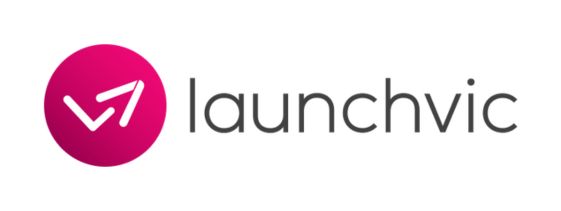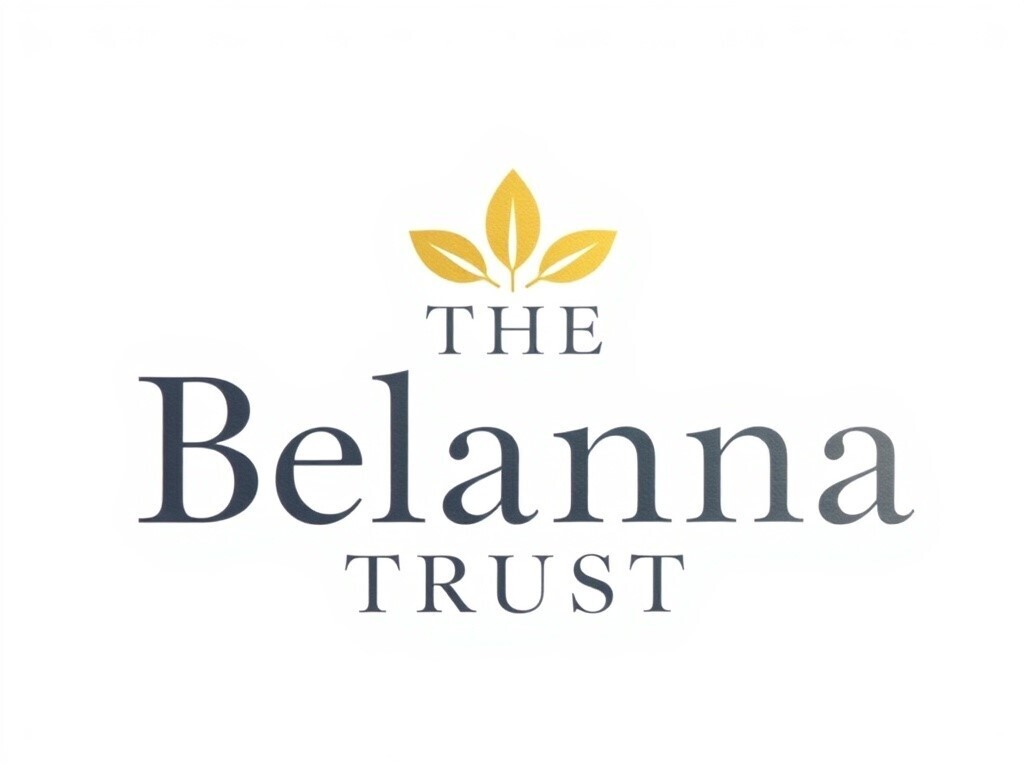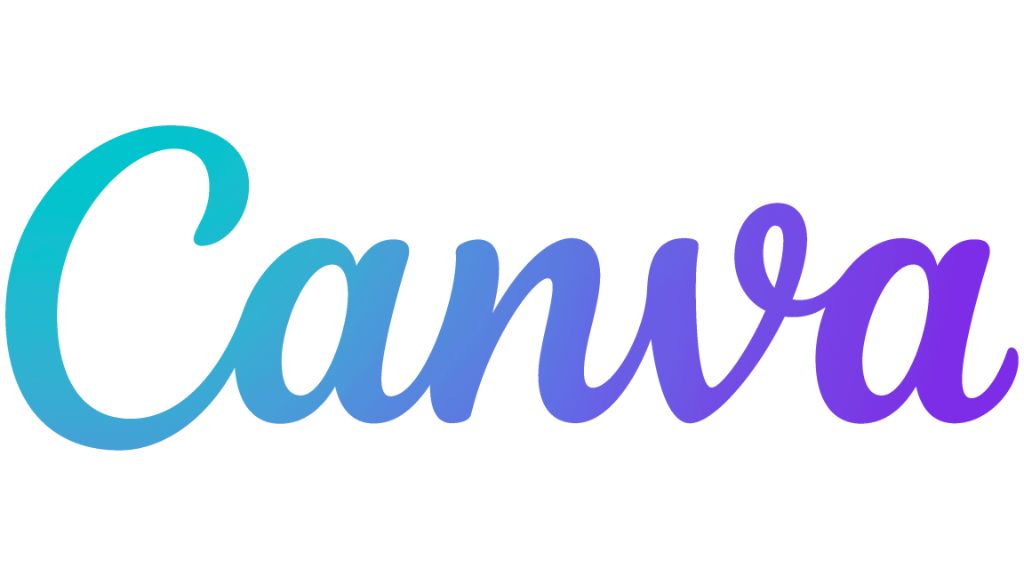You can also stream this episode on Spotify or Apple Podcasts.
Episode Transcript
To access a transcript of this episode click on the drop-down button below.
"[00:00:00] Viv Mullan
We would like to acknowledge the traditional owners of the lands on which we record this podcast. The Gadigal people. This is their land, never ceded, always sacred and pay respects to the elders past, present, and emerging of this place.
[00:00:16]
(Bright, uplifting music with electronic beats and cheerful synth melodies.)
[00:00:17] Viv Mullan
Coming up on Remarkable Insights
[00:00:19] Dr Scott Avery
You need to understand the disability story. It looks differently. To the history and experiences of Aboriginal people in this country.
[00:00:27] Viv:
Today, to celebrate International Day of People with Disability, we're joined by Dr. Scott Avery, a proud Worimi man, professor and leading voice in Indigenous disability health and well being.
Dr. Scotty, as he likes to be known, shares how Indigenous culture and disability intersect to drive innovation. It's wonderful to have you joining us. To start, I'd love to know what does International Day of People with Disability mean to you?
[00:00:54] Dr Scott Avery
I think it's one thing that really lifts the profile of people with disability. I'm really harkening for this idea around disability excellence, and we never think about disability in that way, just how excellent our lives are, and just how, and it's not in this kind of tacky, inspirational way. The people in my community are just, doing really wonderful things, such a wonderful community. And it's one day, but a kind of one day where we can lift and elevate the wonderful stories of the disability community, just a really joyous way
[00:01:31] Viv
Yeah, we're pretty cool. We're in a pretty cool community. And in a conversation we've had, you mentioned the idea of incorporating the word “sparkle” into the conversation. Can you expand on that?
[00:01:43] Dr Scott Avery
Yeah. So I've been toying with this idea that we have a right to sparkle and a lot of people with disabilities have to fight just to be in the room. So there's a struggle just to have inclusive education, just to be in the classroom, there's a battle to get a job. And I said, ""we spend so much energy, just our right to access. We actually want a right to sparkle, like actually let's set off party streamers once we're in the room as well"". And so it's about that, we actually have a right to be celebrated in the sparkling, not just to go, ""Oh, isn't that great? You made it here"". And I think that's the next frontier of what I think is our right just to sparkle and shine.
[00:02:27] Viv:
And how do you think that the current format and execution of International Day of People with Disability has gone about really consciously incorporating the perspectives of people who are Aboriginal or Torres Strait Islander peoples into the narrative and to the celebration?.
[00:02:46] Dr Scott Avery
I think there's two stories to that: being a First Nations person myself, I'm from the Worimi people, I'm deaf, so two sides and it's really fascinating having the First Nations and the disability experience, and there's a lot of attention given to Indigenous issues in Australia.
It's still a contest, but people are talking about it. Where I don't think we've had the discussion around disability. And I said, I'm in both kinds of worlds and I feel one side burns you hot, the First Nations indigenous experience, but disability freezes you out a bit. And there's still people feeling really awkward about having a discussion.
And I know when I was coming through the education system, I felt like I was supported as an Aboriginal student coming through my various degrees and end up getting a PhD and going, ""whe re all the d/Deaf people?"" So I actually make a conscious effort to go, look. I'm deaf, I'm Aboriginal, I'm proud times two and deaf is actually part of me and my existence as well. It's part of who I am as much as I talk about being an Aboriginal person. And I thought they're the conversations, I thought I hadn't heard that when I was coming through. So I'm hoping people hear that now and go, just go for it!
[00:04:06] Viv:
I would love to see if you're comfortable to expand on this concept you mentioned, which is that there's a certain nuance of how people interact and approach you from the First Nations perspective versus the disability perspective.
[00:04:20] Dr Scott Avery
People are just starting to make their way in the room now and these are the people who are going, ""actually, we have a place in this room and we have a distinct contribution"". And what we've lived through and our experiences is a different experience to being an Aboriginal person. And I said, people who are wanting to work in our space in that, particularly if it's Indigenous and disability space. You need to understand the disability story around the struggles that they've had. It looks differently to the history and experiences of Aboriginal people in this country.
[00:04:55] Viv:
I'm really committed and want to be very transparent that I'm just at the beginning of a learning and I'll be on this learning for a long time.
But I would love to know, what do you think the role of tech innovators and people creating the future of assistive technology have in helping solve some of the barriers faced by people in these remote communities, if there is a role, or maybe if there isn't?
[00:05:21] Dr Scott Avery
There is, and I think it really needs to think about the personal relationship with technology and the person. And again, I keep coming back to my experience. I said, my relationship with technology is like, we're like odd incompatible housemates that are forced to live together out of necessity. So I'm this kind of slothful, yeah, whatever, I'll leave things round, I've got this needy flatmate, technology, who says “hang on, you haven't plugged it in properly. I'm not working"", but we find a way to live together. And I said, but I've been through this where I avoided getting a cochlear implant. I had one cause I had to, I had no choice. But the second one I held off for so long, thought I just didn't want to go there. And when I did, I thought I've got to own it. So I went from being like, Oh, I've got the hearing thing cause I'm deaf to the kids across the road going, ""Oh, you're a cyborg"". And I went, ""Oh, okay, that's it. That's the persona now. I'm a cyborg and you might find me in your PlayStation game, but you got to get further down the track for you run the cyborg"".
So I'm the only cyborg in the street and I kind of liked how the younger people didn't see it as ""Oh, you poor thing, you're getting a cochlear"" with the faces, the sad eyes and that I'm going, ""yeah I am"". The young kids were going, ""Oh, how cool. You've got some technology. Can I have one?"" I said "" no, sorry"".
And I always give an example about pilots and planes, like pilots to be productive in society, get a plane, without a plane, they're pretty useless. I said, ""but they're not seen as disabled"". And they're going, for some reason, because I’ve got cochlear implants, it's "" Oh, hang on. I can't do things. There's this invisible wall put around me about what I can and can't do"". I ignore the wall, but it's still there and I know many younger people see that and I just go and stick with it. You're going to be okay.
[00:07:29] Viv:
And what advice would you give to people in the disability tech space who have an idea or a story solution and they're really passionate about making it to fix this issue of the cultural divide and to incorporate more of the perspective of the First Nations people in Australia into their solution so that it really can remove barriers.
[00:07:52] Dr Scott Avery
The designers and those who aren't the people with disability, they may be guessing we have the real deal. We have the experiential knowledge, our community. So I would like to imagine that in the digital and technology world, people are going, ""yeah, okay, it's more than just having the greatest technical solution"". People got to use it. It's got to be real. And people with a disability, they're the ones that are going to keep it real.
[00:08:21] Viv:
Have you ever, and you might not be able to answer this, because sometimes I struggle to on the spot, but have you ever seen an example of disability itself driving innovation in the work that you're doing?
[00:08:32] Dr Scott Avery
I think the work that we're doing, the indigenous knowledge that we're bringing around inclusion this fundamental philosophy that everyone has a place and purpose in the world. Everyone has a reason for existence. That's the message of cultural inclusion. Very ecological. We use nature to teach it, we show, look, the different plants in the world, the different animals all working together in an ecology. It's not like one's better than the other. That's an indigenous knowledge and I can see the disability community, whether it's people with intellectual disability or ethnic groups, certain ethnic groups are looking at this and going cultural groups are going, that's how culture looks different, but there's similar message around reclaiming our culture and our place where we have a place and purpose of the world. And it sounds really big, but what it does, it changes the assumptions of people. It changes the hang on, ""you're broken, we must fix you"". And it steps out and you're going, ""actually, it's a knowledge thing"". You have knowledge, I have knowledge, it comes together. So we're stepping out of what we're conditioned to thinking, that kind of puts people in a social order and going, actually, you're all a part of our community and we can grow.
And I think how we think about climate change, we care about the ecology of our environment. I think we can start thinking about humankind in the same way. This is how inclusion and disability inclusion, it's like climate change, the environment, but it's about people.
And I think our world will be stronger. Our communities will be stronger, but that's by stepping out of that. And I said, that's the innovation. It sounds like it's almost like ancient law is providing the contemporary innovation in this world.
[00:10:27] Viv:
And that very well may be the answer for this final question, but I want to offer it to you anyway, because we do with all of our guests, which is, we'd love to invite you to leave a Remarkable Insight for people enjoying this episode to think about well after this episode. And that can be about disability, tech, innovation, or culture as inclusion.
[00:10:47] Dr Scott Avery
I think the lessons that I've had from mine, I benefited from learning from my elders. And I said, the one that I keep coming back to is like, ""everyone has a place and purpose"". And it's not just you, it's others. So you start seeing others in a different way as well. But it starts with you. And I said, ""I know a lot of people feel like they're made disabled"" and going, that's actually wrong. That's actually not the natural world. That's not the natural law. You are here for a reason. And I thought, if you can find that place, that special place, and activate your superpower, where you can go for me, it's I go into my quiet world, find that quiet world for you. You're indestructible there. No one, in the whole wide world can have that experience about you and no one can have that knowledge about you. And I think that's actually quite an empowering thing. It just transcends. I just like I said, it just gives me personal strength. And I know when I talk to our community, you're going, ""yeah, okay it's, it gives us strength"". As we can catch trauma, we can catch goodwill and health and wellbeing through inclusion.
[00:12:01] Viv:
The full interview with our guests can be found in the link below where you press play on this podcast. Our show notes, make sure you subscribe or hit follow to not miss another Remarkable Insights episode."
Episode Overview
This episode of Remarkable Insights celebrates International Day of People with Disability by spotlighting the extraordinary work and perspectives of Dr. Scott Avery, a respected educator, researcher, and policy adviser. Known as “Dr. Scott” within the First Nations disability community, he is a leader in Indigenous cultural approaches to inclusion and the ‘Professor in Residence’ at the First Peoples Disability Network.
Tune in to learn more about how Dr Scott’s lived experience as a deaf Aboriginal man shapes his work, why culture is inclusion, and how we can amplify Indigenous voices in the global conversation about disability.
Meet our Guest
Dr Scott (as he is known in the First Nations disability community) is a recognised educator, researcher and policy adviser on Indigenous cultural approaches for the inclusion of people with disability. He has extensive experience in conducting community-based research and policy in Indigenous and disability organisations, and is the ‘Professor in Residence’ at the First Peoples Disability Network, an Indigenous Disabled Peoples Organisation. His publication 'Culture is Inclusion: A narrative of Aboriginal and Torres Strait Islander people with disability' (2018) has influenced national policy across Closing the Gap, Australia’s Disability Strategy, and the Disability Royal Commission. He has been appointed as an expert advisor to numerous Government bodies and is a director on the board of disability service provider Achieve Australia Ltd. He was appointed Ambassador for the International Day of People with Disability in 2023, and will be giving the 2024 Disability Leadership oration.
Video Highlights
Check out some of the highlights of this episode of the Remarkable Insights podcast, now featured in our captioned video reel!
Key Quotes
Below are some of the key quotes that capture the essence of our discussion:
"[The Disability Community] spend so much energy just fighting for our right to access. But we actually want a right to sparkle. Like, let’s set off party streamers once we’re in the room as well. We have a right to be celebrated and to sparkle, not just, ‘Oh, isn’t that great? You made it here.’"
"I’m deaf, I’m Aboriginal, I’m proud times two. Being deaf is part of me and my existence as much as being an Aboriginal person. People need to understand the disability story. It looks differently to the history and experiences of Aboriginal people in this country."
"My relationship with technology is like being odd, incompatible housemates forced to live together out of necessity... But you find a way. Technology can empower us, but it needs to be real and grounded in the lived experience of people with disabilities. We’re the ones who keep it real."













